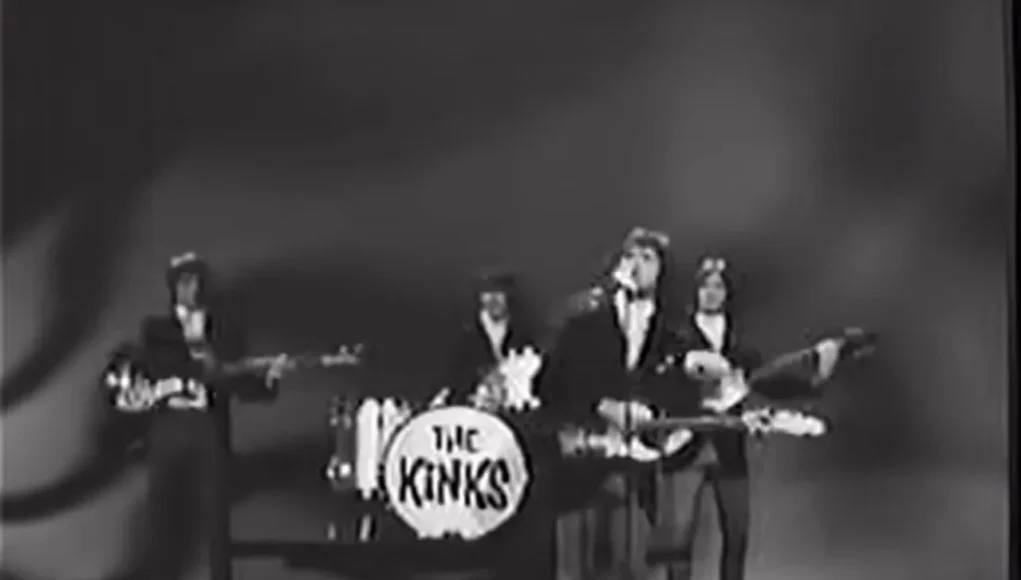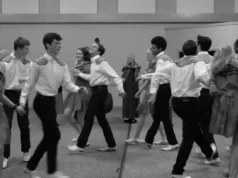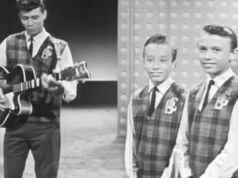The year was 1965, a time when the world seemed to buzz with a vibrant energy that was impossible to ignore. It was a time when optimism flowed freely, and the future felt like an open road waiting to be explored. The air was thick with the scent of possibility, and every corner of the world echoed with the sounds of a cultural revolution. Music was more than just a backdrop; it was the beating heart of a generation that was ready to shake off the chains of the past and step boldly into a new era. In the midst of this whirlwind of change and excitement, a single moment stands out. On April 23rd, 1965, The Kinks released their hit single, “Tired of Waiting for You.” It wasn’t just another song—it was a cultural milestone that encapsulated the spirit of a generation eager to break free from the traditions that had long held them back.
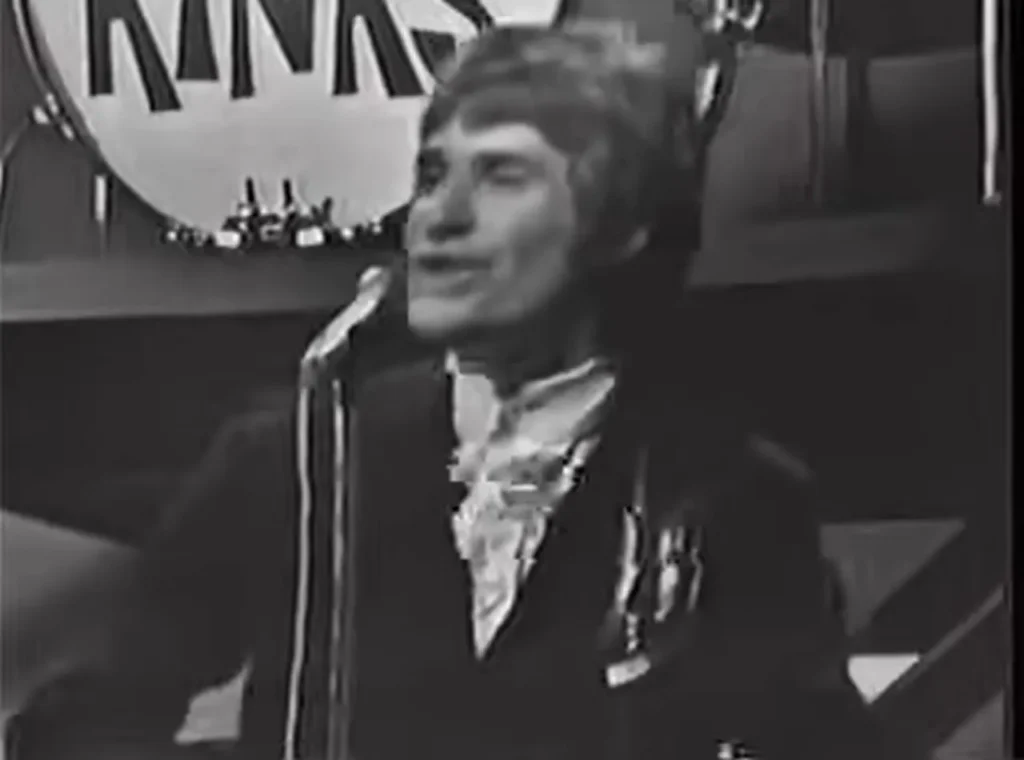
The Energy of the 60s: A New Era Dawns
The 1960s were a decade of transformation, marked by a shift in attitudes, values, and aspirations. The early part of the decade had seen the rise of a youthful spirit that challenged the status quo, and by 1965, this spirit had reached a fever pitch. Young people across the globe were rebelling against the norms that had defined their parents’ lives, and they were doing it with an enthusiasm that was both infectious and unstoppable.
Music was at the forefront of this cultural revolution. Bands like The Beatles, The Rolling Stones, and The Kinks were not just making music; they were making history. Their songs spoke to the hopes and dreams of a generation that was tired of waiting for change—they were ready to make it happen.
The Kinks and the Sound of Freedom
When The Kinks released “Tired of Waiting for You,” it wasn’t just another hit—it was an anthem for a generation. The song’s catchy melody and infectious rhythm made it an instant favorite, but it was the lyrics that truly resonated with the listeners. Ray Davies, the band’s lead singer and songwriter, had a knack for capturing the mood of the moment, and with “Tired of Waiting for You,” he tapped into a feeling that was shared by millions of young people around the world.
The song’s message was simple yet profound: the time for waiting was over. Whether it was waiting for personal freedom, social change, or simply the opportunity to be heard, the message was clear. It was time to take action, to seize the moment, and to break free from the constraints of the past.
The Impact of “Tired of Waiting for You”
The release of “Tired of Waiting for You” marked a turning point in the cultural landscape of the 1960s. The song shot to the top of the charts, becoming one of The Kinks’ biggest hits and solidifying their place in the pantheon of rock and roll legends. But its impact went far beyond commercial success.
For many young people, the song became a rallying cry. It spoke to their frustrations and their desires, and it gave them a voice at a time when they were struggling to be heard. It was a song that encapsulated the feeling of being on the cusp of something big, something transformative.
The Kinks’ success with “Tired of Waiting for You” was also a proof to the power of music as a unifying force. In a time of rapid social change, music brought people together in a way that few other things could. It was a common language that transcended boundaries and spoke to the universal desire for freedom, expression, and connection.
A Legacy of Change
As we look back on 1965, it’s clear that it was a year of monumental change. The cultural shifts that were taking place were not just fleeting trends—they were the beginning of a new way of thinking and living that would shape the decades to come. And at the heart of this transformation was the music that provided the soundtrack to these changes.
The Kinks’ “Tired of Waiting for You” remains a powerful cue of that time. It’s a song that still resonates with listeners today, not just because of its catchy tune, but because of the message it carries. It’s a message of empowerment, of taking control of one’s destiny, and of refusing to be held back by the limitations of the past.
In many ways, the spirit of 1965 lives on in the music of that era. The songs that defined the 60s continue to inspire new generations, reminding us of the power of creativity, the importance of self-expression, and the need to challenge the status quo. As we listen to “Tired of Waiting for You” today, we are reminded of a time when the world was on the brink of something new, and the possibilities seemed endless.
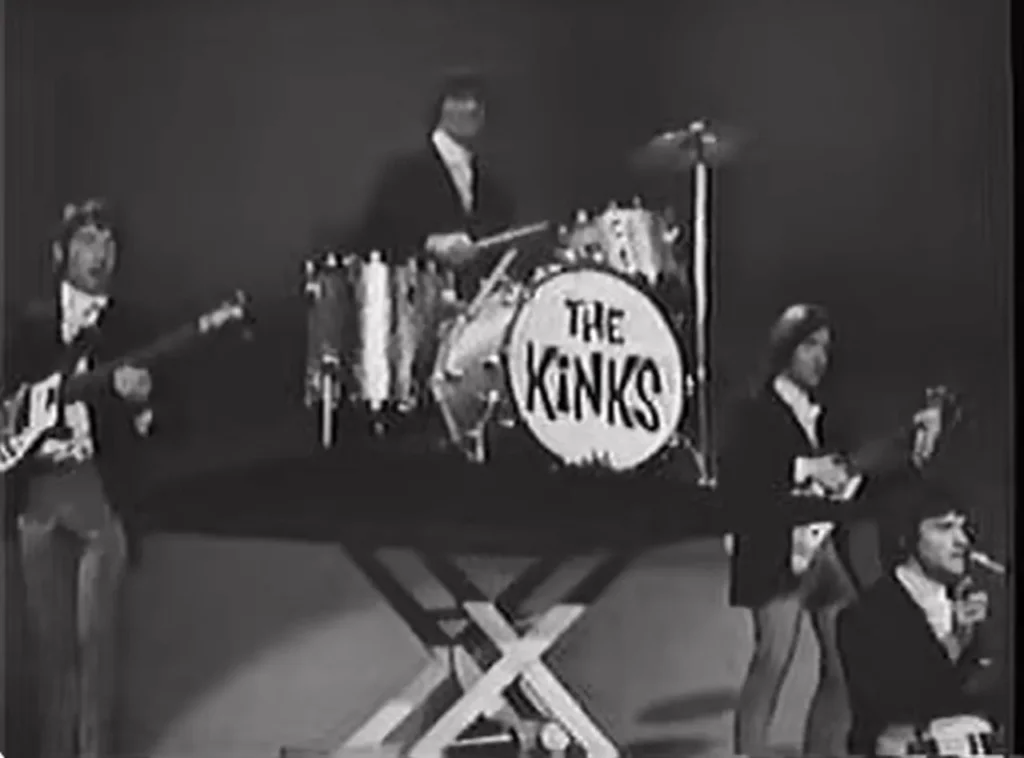
The Unstoppable Beat of 1965
The year 1965 was more than just a point in time—it was a moment of awakening, of realization, and of action. The release of The Kinks’ “Tired of Waiting for You” on April 23rd of that year was a defining moment that captured the essence of a generation’s desire for change. It was a song that spoke to the heart of a cultural revolution, a revolution that was fueled by the unifying power of music.
As we reflect on that era, we see how the energy, optimism, and enthusiasm of 1965 continue to influence our world today. The spirit of that time, embodied in songs like “Tired of Waiting for You,” reminds us that music is more than just entertainment—it’s a force for change, a beacon of hope, and a reflection of the human desire to break free and create something new.


